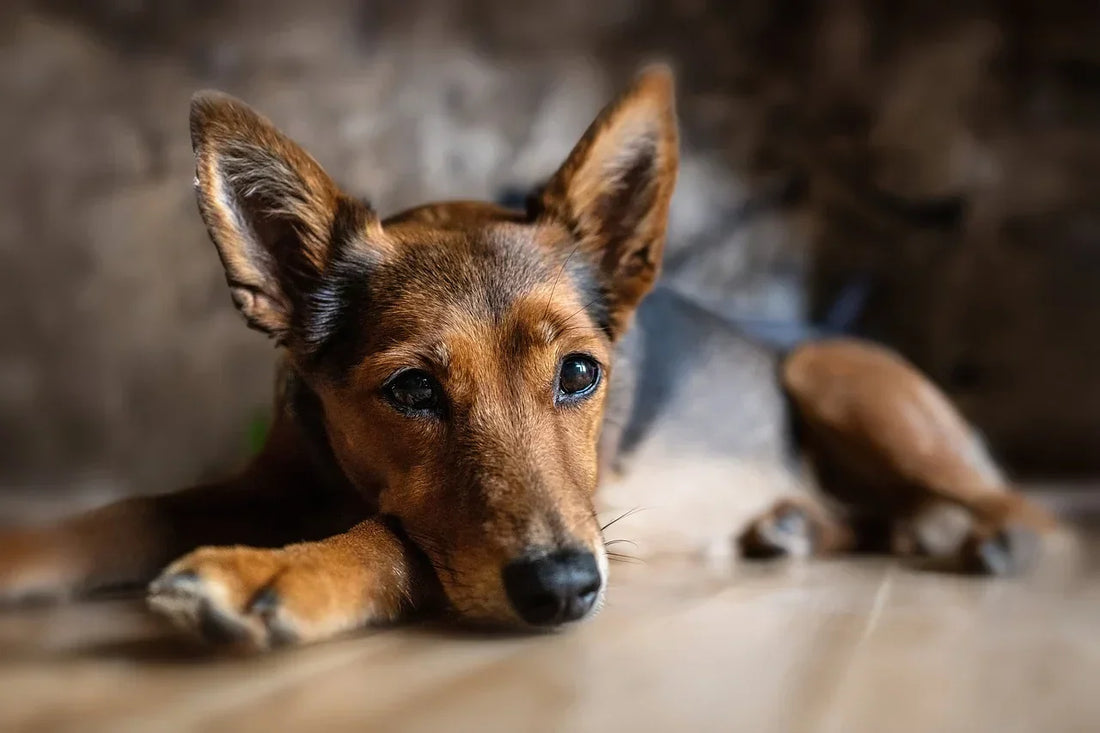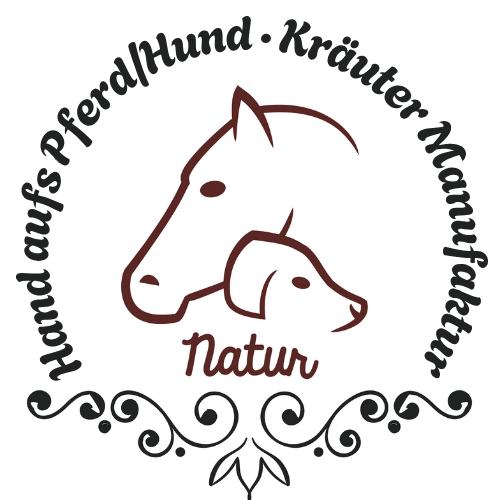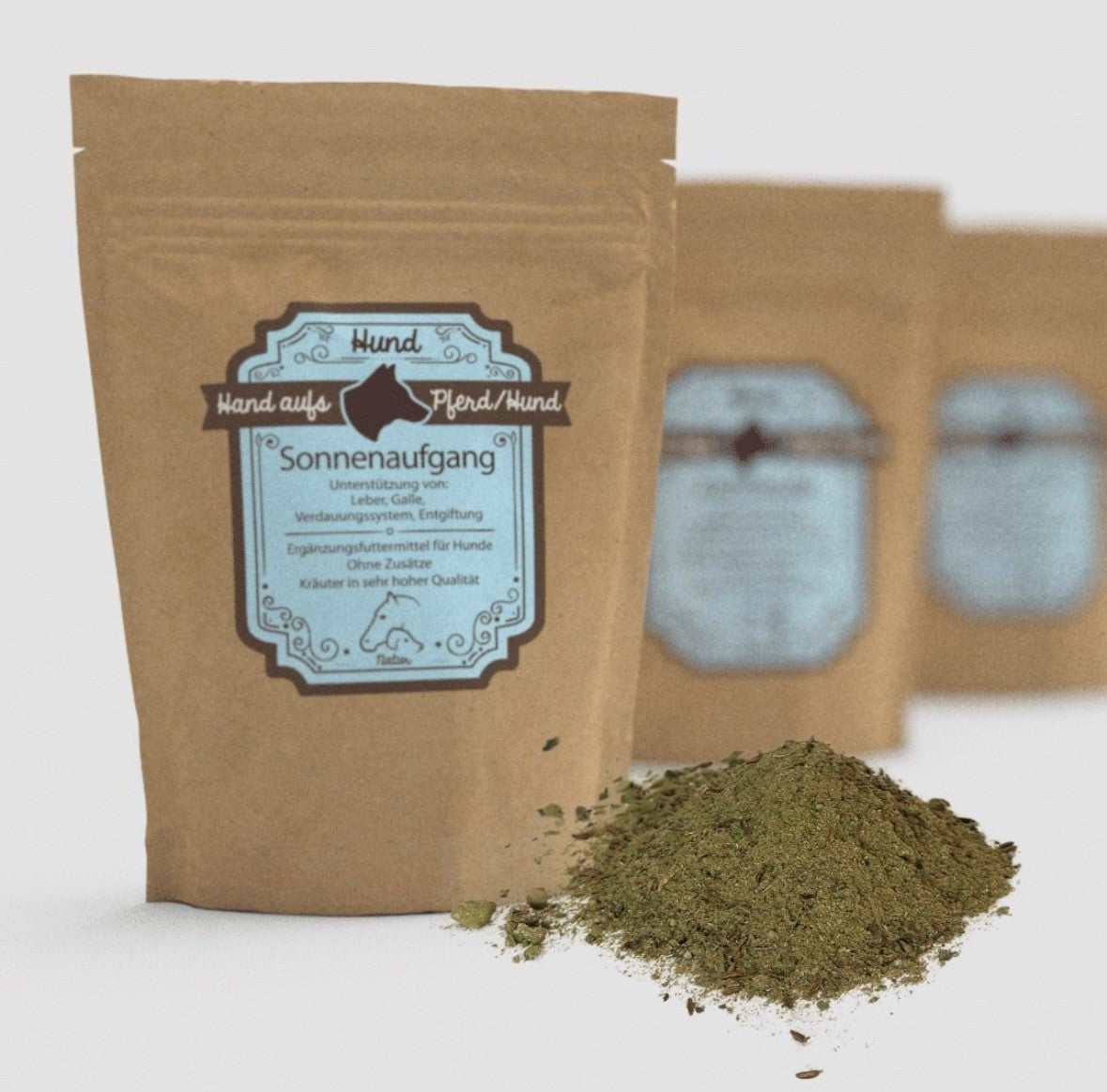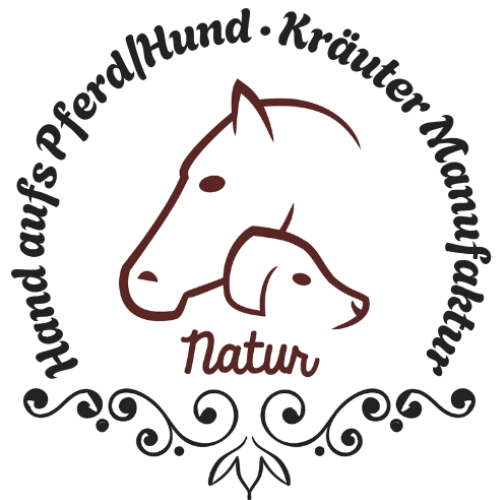
Flatulence in dogs – what to do about farting
Flatulence in dogs – what to do about farting
Causes, prevention and treatment
Gas in dogs isn't just a minor annoyance—it can also be quite uncomfortable for the animal. While occasional gas can be normal, frequent occurrences may indicate a deeper problem. In this blog post, we take a detailed look at the possible causes of gas in dogs, how to prevent it, and what to do if it occurs.
Flatulence in dogs – causes
Nutritional factors : Some foods known to cause gas in dogs include legumes, some vegetables such as cabbage and broccoli, and high-fat diets. Artificial additives and preservatives can also cause gas and Diarrhea cause.
Gasping for air (aerophagia) : Eating quickly can cause a dog to swallow a lot of air. This can be especially true if dogs eat from deep bowls or become agitated while eating.
Food intolerances and Allergies : Just like humans, dogs can also be sensitive or allergic to certain food ingredients, which can digestive system can irritate and cause gas.
Health problems : Various diseases such as pancreatic insufficiency, gastrointestinal disorders or infections can have flatulence as a symptom.
Flatulence in dogs – prevention
Feeding management
- Use high-quality feed : Choose a high-quality dog food that is easy to digest and does not contain gas-causing ingredients.
- Encourage slow feeding : Use special food bowls that prevent rapid eating, or spread the food on a large, flat plate to slow down intake.
- Make food changes gradually : Change your dog's food gradually over several days so as not to overtax his gastrointestinal system.
Health management
- Probiotics and digestive enzymes : We recommend supplementing the diet with natural probiotics and digestive enzymes to support intestinal health, contained in our intestinal herbs for dogs Sunrise
Flatulence in dogs – What to do about farting
Observation : Note whether the flatulence is accompanied by other symptoms such as vomiting, diarrhea, loss of appetite, or lethargy.
Adjusting the diet : Review your dog's diet and, if necessary, switch to a more easily digestible diet.
Veterinary advice : If the bloat persists or your dog appears to be in pain, consult a veterinarian immediately. Sometimes bloat can be a sign of a more serious condition, such as gastric torsion. But don't worry, this is quite rare.
For this reason, we recommend spreading feeding over twice a day.
Gas in dogs can usually be managed well with a few simple adjustments. However, it's important to pay attention to your dog's cues.
Flatulence in dogs – Natural support with herbs for intestinal balance
Flatulence and digestive irregularities are more common in dogs than you might think. In addition to a tailored diet, feeding selected herbs can make a valuable contribution to intestinal balance .
Our intestinal herbal blend "Sunrise" was developed from decades of experience in veterinary medicine and contains purely natural, premium-quality ingredients.
Contained herbs and their nutritional significance
- Dandelion – Provides bitter compounds traditionally used to aid digestion.
- Milk thistle seeds – A well-known source of secondary plant substances used in animal nutrition to support metabolism.
- Elecampane root – Traditionally valued in herbalism for its essential oils.
- Yarrow – Contains natural bitters and tannins.
- Caraway – Aromatic spice known in feeding for its beneficial properties on the digestive tract.
- Peppermint – Provides essential oils that are valued for their fresh taste and acceptance by dogs.
Our intestinal herbs “Sunrise”
- 100% natural ingredients of tested quality
- Recipe based on expert knowledge and experience from veterinary practice
- Easy to mix into the daily feed
- Supports your dog's natural digestive balance
Important note: This supplementary feed is not a substitute for veterinary diagnosis or treatment, but is intended to support a balanced and species-appropriate diet.
Source: Martina Hemm April 2025



